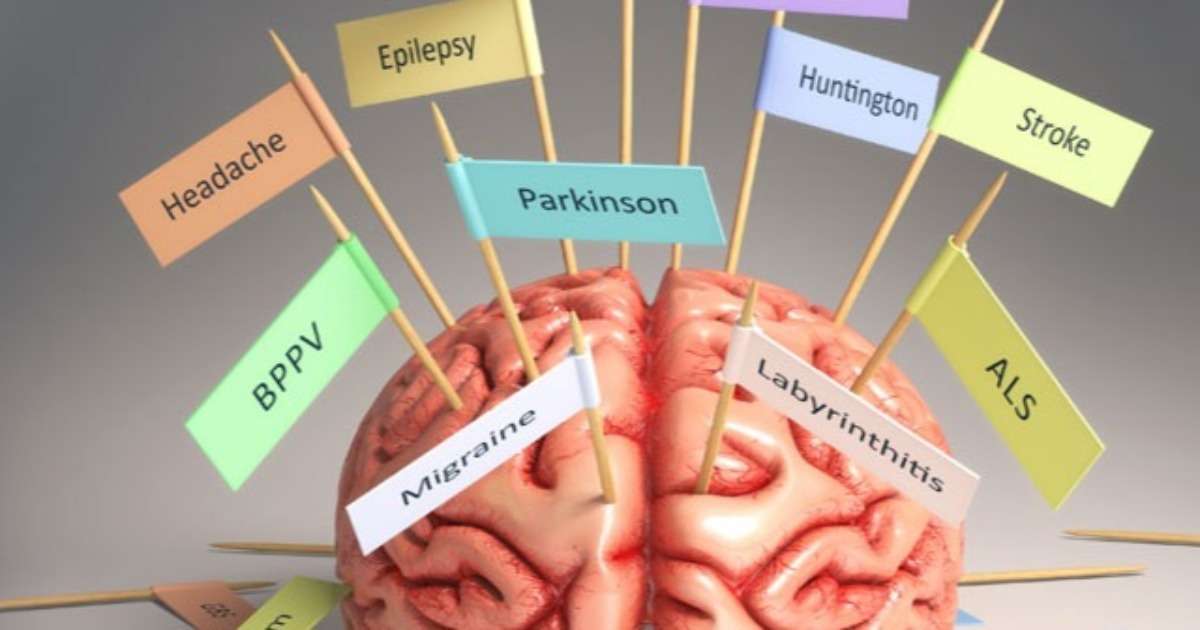
Five studies showing the power of multi-modal data in behavioral research
The advantages of using multimodal data over a single modality are that it reveals deeper insights and also if one modality fails there can be enough redundancy in the data to still make sense of it.

Can caffeine prevent Alzheimer's?
What is the most popular drug in the world? It’s not alcohol, cannabis, or cocaine, but something most of us start with each day. Coffee; or, more specifically: caffeine.

How doing exercises counteracts the effects of Alzheimer’s disease
Recent research has shown that rats induced with Alzheimer’s disease suffered less from the effects of the disease when subjected to exercise.

How mice regain their memory: Betaine against Alzheimer’s Disease
As a potential Alzheimer medicine, betaine was tested on an AD animal model in a novel object recognition test. Using video tracking, scientists studied the influence of betaine and betaine transporter on mouse memory.

Diazepam in the battle against Alzheimer’s
Scientists have found out that a low dose of the tranquilizer diazepam reduces the breakdown of neurons, seen in the development of Alzheimer’s disease.

5 blog posts about brain research
During the annual Brain Awareness Week, international attention focuses on the brain to increase public awareness of the progress and benefits of brain research.

Alzheimer's research - From prevention research to natural treatment
Experts estimate that by 2050, 100 million people will have Alzheimer’s disease (AD), which is a shockingly large number. Learn more about the research that has been done in order to find a cure.

Top 10 Animal behavior research blogs
Let’s start 2019 with looking at the most popular blog posts on animal behavior research from last year. Our top 10 animal behavior blog posts from 2018.

Robots helping people with dementia
Researcher Wendy Moyle and her team explored if the use of a robotic seal as a therapeutic tool would influence the emotional and behavioral symptoms of dementia.

Implementing Tailored Activity Programs
Tailored Activity Programs (TAP) have been shown to have significantly reduce behavioral occurrences in dementia patients and improve engagement and positive behaviors.
